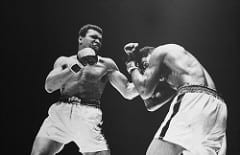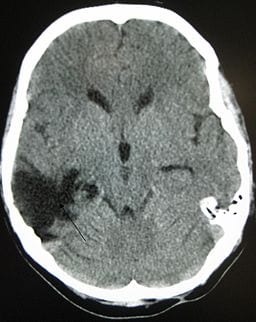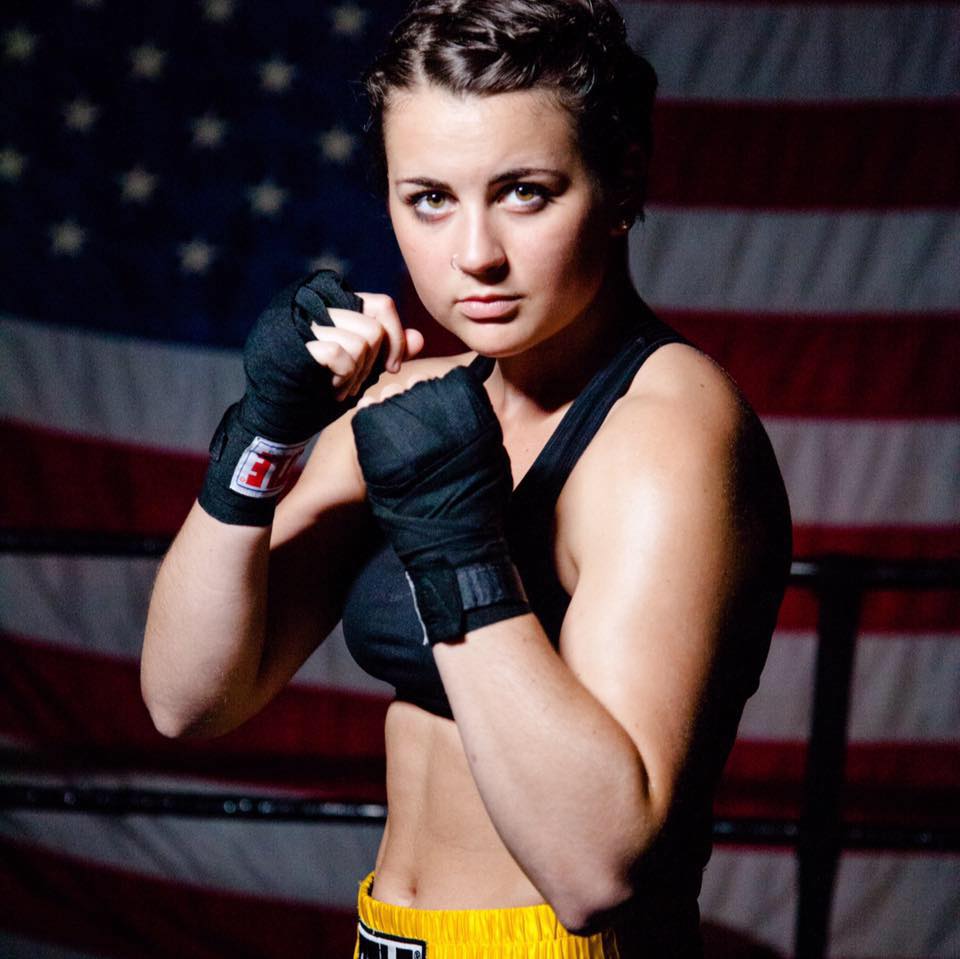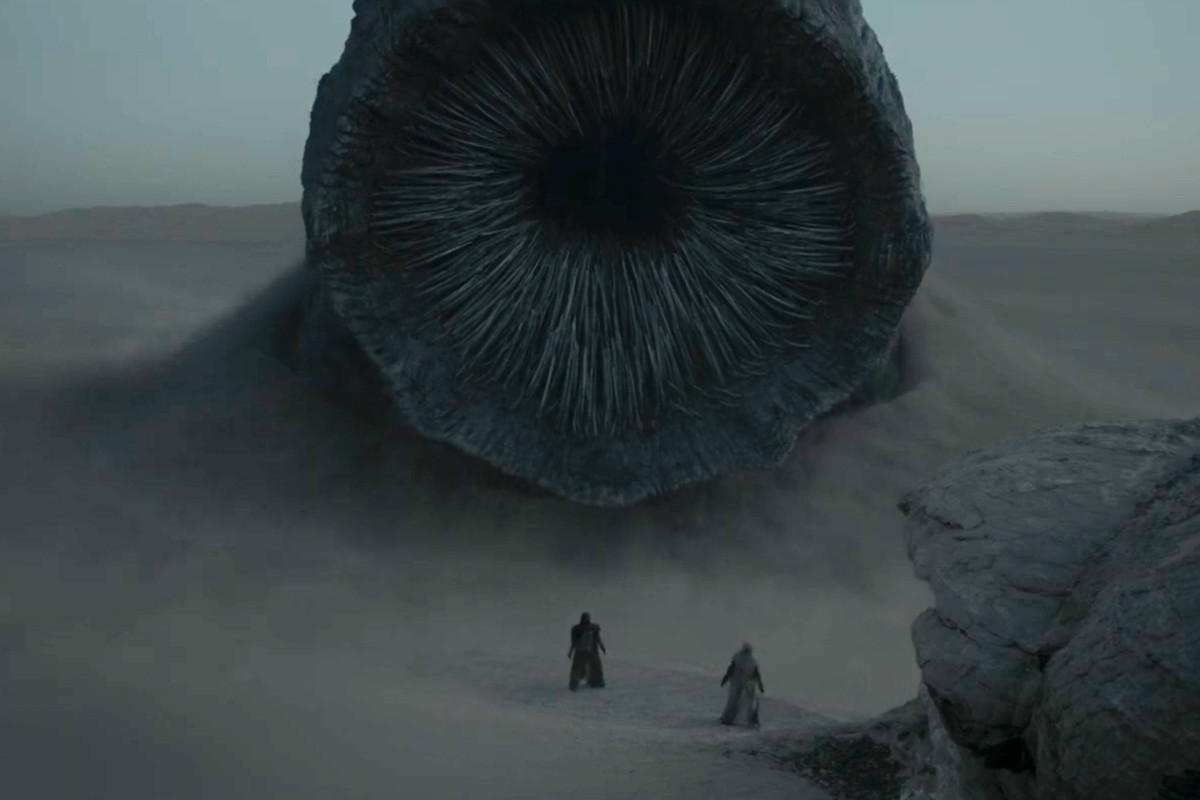Preparing for the Rumble in the Jungle in 1974, George Foreman only considered whether he should be “merciful or not†to the aged Muhammad Ali. Younger and renowned for his unbelievable raw power, Foreman knew Ali would be down early – “just one more knockout victim.†But, come the seventh round, Ali was still up and Foreman was growing tired from having thrown hundreds of punches, many of which had connected with Ali's head: “I hit him hard to the jaw and he held me and whispered in my ear, ‘That all you got, George?'†A hard right-hand to the face sent Foreman down in the eighth.

Ali fought his last fight in 1981. By then, he had fought in 61 fights and won 56 of them – 37 by knockout. He once estimated that he took 29,000 punches over the course of his career. In 1984, he was diagnosed with Parkinson's syndrome, a progressive neurological disorder that affects movement, speech, and cognitive ability. While genetics may have played a role in the development of Ali's disease, getting knocked in the head over and over (and over) again definitely didn't help.
While the numbers depend on the fighter, studies on the subject have found professional boxers can throw a fist with well over 1,000 pounds of force. It takes about 687 pounds of force to break a 1.5-inch-thick concrete slab.

In patients with Parkinson's, the brain cells that produce dopamine — a chemical important in muscle control and movement — begin to die off. In the case of a boxer, consistent head trauma and injury can lead to this cell die-off. Therefore, maybe unsurprisingly, a recent review study found that subjects with head trauma that resulted in a concussion were 57 percent more likely to develop Parkinson's. However, Parkinson's isn't the only health problem associated with repeated brain injuries: chronic traumatic encephalopathy (CTE) and Alzheimer's, both of which are forms of dementia, can also result.
Clearly, boxing is a dangerous sport. The boxer's sole aim is to physically harm their opponent. Because of this, and the recent focus on safety in the National Football League, there have been increasingly louder calls to ban the sport. John Hardy, a neuroscientist at University College London, has even called boxing “demeaningâ€, that it should be “consigned…to the dustbin of history.â€
So, why do boxers still box? Why are related sports, like mixed martial arts (MMA), growing in popularity? Petey Peterson, a second year anthropology major at UGA, fully understands the appeal. After playing as a soccer goalkeeper throughout childhood and high school, she went looking for something a bit “saferâ€: “I had too many broken bones and took too many cleats to the face to keep playing soccer.†Inspired by female boxers and fighters, especially Ronda Rousey of MMA fame, Petey decided to give boxing a shot.

She immediately took to the sport. She loves the hype of walking down to the ring and the feeling of making a clean shot on your opponent. “It's a cerebral sport, almost like high-speed chess. You have to be smarter than your opponent, but also an amazing athlete.â€
When asked about the dangers of boxing, she showed little concern. “There's danger in every sport, but I have more control of the risks in boxing.†Her coach stresses defensive maneuvers and keeping her head out of danger. Beyond this, there's also more regulation in amateur boxing: “I see a doctor immediately before and after a match to check for a concussion, and referees are more likely to call for standing eight counts.â€
Petey has no plans of slowing down in boxing. Beyond her day job as a student, she also works as a personal trainer and boxing coach at Keppner Boxing and Ramsey Student Center. She may end up going pro eventually: “it feels good when you're really good at it, and you stand out — you're different — when you're able to do something few others master.â€
Ali, who died on June 3, 2016, expressed the same sentiments: even after developing Parkinson's, he had no regrets concerning his boxing career or accomplishments.
 A transplant from Virginia (Hoos!), Greg Evans is a graduate student in the Plant Biology department at the University of Georgia studying herbicide and herbivory defenses in morning glories. When he's not tangled up in weeds, Greg enjoys Ultimate Frisbee, bowling, and board games. He can be reached at gevans@uga.edu. More from Greg Evans. A transplant from Virginia (Hoos!), Greg Evans is a graduate student in the Plant Biology department at the University of Georgia studying herbicide and herbivory defenses in morning glories. When he's not tangled up in weeds, Greg enjoys Ultimate Frisbee, bowling, and board games. He can be reached at gevans@uga.edu. More from Greg Evans. |
About the Author
-
athenssciencecafehttps://athensscienceobserver.com/author/athenssciencecafe/April 17, 2020
-
athenssciencecafehttps://athensscienceobserver.com/author/athenssciencecafe/April 12, 2020
-
athenssciencecafehttps://athensscienceobserver.com/author/athenssciencecafe/April 3, 2020
-
athenssciencecafehttps://athensscienceobserver.com/author/athenssciencecafe/March 30, 2020







